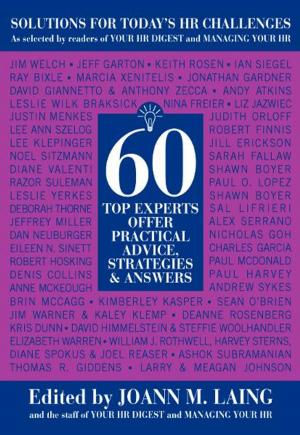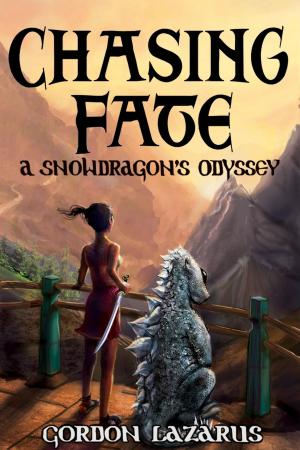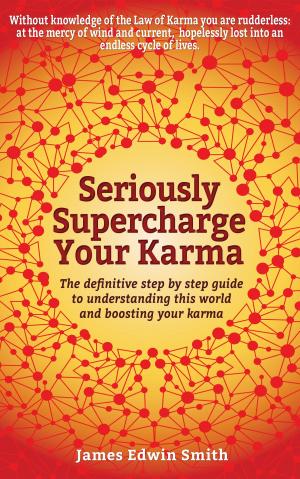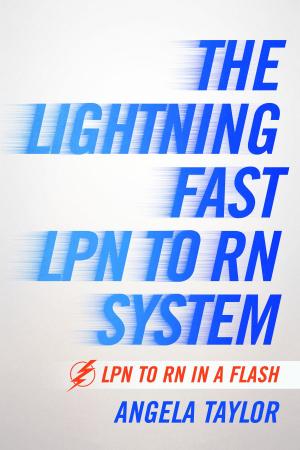The New Global Order
Nonfiction, Social & Cultural Studies, Political Science, International, International Relations| Author: | Naveen Tomar, Navroop Singh, Himja Parekh | ISBN: | 9781543900804 |
| Publisher: | BookBaby | Publication: | May 2, 2017 |
| Imprint: | BookBaby | Language: | English |
| Author: | Naveen Tomar, Navroop Singh, Himja Parekh |
| ISBN: | 9781543900804 |
| Publisher: | BookBaby |
| Publication: | May 2, 2017 |
| Imprint: | BookBaby |
| Language: | English |
We are living in times of unprecedented globalisation. Instead of making the world multipolar, history is being repeated as corporates blur the sovereign boundaries and indulge in the cartelization of resources. The world has always been at war over resources behind the façade of trade, politics, religion and ideology. Though the global order has evolved, the key has always been geography for “he who controls the geography, controls the resources and has the power to dictate both war and peace”. History is testament that whenever new borders are drawn, the seeds for future conflict are sown. Hence while globalisation has brought a high degree of connectivity between polarised countries, communities etc.; the revenge of geography has ensured kingdoms being ground to dust, empires dismantled, democracies overthrown and communist movements created etc.; evolving the global order to where we are today. This theory of territorial reminiscence and its impact on countries, communities and ideologies is at the core of The New Global Order authored by Naveen Tomar, Navroop Singh and Himja Parekh, which attempts a global mapping from the 12th century Ottoman Empire (the key to chaos in Middle East and the world today); 14th century Eurasia through the European and Russian Orders; to China (as the challenger to the United States) and India’s rise in the 20th and 21st century respectively against an order led by Great Britain and currently the United States. As geopolitics is the sum total of state actions that affect the entire world, the book also draws parallels between it and international security. The book is divided into 6 parts - The Ascendance of Chaos (Middle East), War on Terror (USA), Eurasia, The Rise of The Chinese Dragon, The Indian Subcontinent and the last discussing the tools shaping The New Global Order. The key in shaping The New Global Order lies in creating two contrasting poles and bringing them into conflict. The thirst for power and ego will do the rest. The book explains how these poles were created and analyses the current global order, the contrasts in the emerging Beijing Consensus vs. the Washington Consensus and then discusses the tools of transition. They are Narco-Terror, Petrodollar, Climate Change, Water Wars including Virtual Water, The Surveillance State, The Military-Industrial Complex and Communism. Narco-terror cripples countries, the Petrodollar maintains the US Dollar as the global reserve currency, Climate Change and Water Wars help in carrying out political and economic warfare while The Surveillance State enables PsyOps, propaganda and cyber warfare. The Military-Industrial Complex shapes foreign policy by creating chaos; and the secrets of technology transfer between warring nations to ensure its relevance as a powerbroker are also elaborated. Lastly, the book discusses Communism, the most important tool of the future beyond a form of governance and ideology that will gradually erase the geographical boundaries and lead towards the creation of a Godless Society. The result will be The New Global Order or The Global Corporate State that has already begun via the mega trade deals/economic unions. The book further explores the trends in this transition by region and also highlights Next Generation Warfare, Islamic Communism, Transnationality of Communist International and the rise of Christian Terror in an emerging bipolar world with new players. It concludes with discussing the evolution of The New Global Order through the three founding pillars of Global Geopolitical Order, Global Geoeconomic Order and Cartelization of Resources. Martin Luther King said, “We are not makers of history, we are made by history”. With the current churning in geopolitics that is shaking the Peace of Westphalia, The New Global Order provides an in-depth view of what lies ahead and how nations can prepare themselves for a world that will be highly globalised yet exclusive.
We are living in times of unprecedented globalisation. Instead of making the world multipolar, history is being repeated as corporates blur the sovereign boundaries and indulge in the cartelization of resources. The world has always been at war over resources behind the façade of trade, politics, religion and ideology. Though the global order has evolved, the key has always been geography for “he who controls the geography, controls the resources and has the power to dictate both war and peace”. History is testament that whenever new borders are drawn, the seeds for future conflict are sown. Hence while globalisation has brought a high degree of connectivity between polarised countries, communities etc.; the revenge of geography has ensured kingdoms being ground to dust, empires dismantled, democracies overthrown and communist movements created etc.; evolving the global order to where we are today. This theory of territorial reminiscence and its impact on countries, communities and ideologies is at the core of The New Global Order authored by Naveen Tomar, Navroop Singh and Himja Parekh, which attempts a global mapping from the 12th century Ottoman Empire (the key to chaos in Middle East and the world today); 14th century Eurasia through the European and Russian Orders; to China (as the challenger to the United States) and India’s rise in the 20th and 21st century respectively against an order led by Great Britain and currently the United States. As geopolitics is the sum total of state actions that affect the entire world, the book also draws parallels between it and international security. The book is divided into 6 parts - The Ascendance of Chaos (Middle East), War on Terror (USA), Eurasia, The Rise of The Chinese Dragon, The Indian Subcontinent and the last discussing the tools shaping The New Global Order. The key in shaping The New Global Order lies in creating two contrasting poles and bringing them into conflict. The thirst for power and ego will do the rest. The book explains how these poles were created and analyses the current global order, the contrasts in the emerging Beijing Consensus vs. the Washington Consensus and then discusses the tools of transition. They are Narco-Terror, Petrodollar, Climate Change, Water Wars including Virtual Water, The Surveillance State, The Military-Industrial Complex and Communism. Narco-terror cripples countries, the Petrodollar maintains the US Dollar as the global reserve currency, Climate Change and Water Wars help in carrying out political and economic warfare while The Surveillance State enables PsyOps, propaganda and cyber warfare. The Military-Industrial Complex shapes foreign policy by creating chaos; and the secrets of technology transfer between warring nations to ensure its relevance as a powerbroker are also elaborated. Lastly, the book discusses Communism, the most important tool of the future beyond a form of governance and ideology that will gradually erase the geographical boundaries and lead towards the creation of a Godless Society. The result will be The New Global Order or The Global Corporate State that has already begun via the mega trade deals/economic unions. The book further explores the trends in this transition by region and also highlights Next Generation Warfare, Islamic Communism, Transnationality of Communist International and the rise of Christian Terror in an emerging bipolar world with new players. It concludes with discussing the evolution of The New Global Order through the three founding pillars of Global Geopolitical Order, Global Geoeconomic Order and Cartelization of Resources. Martin Luther King said, “We are not makers of history, we are made by history”. With the current churning in geopolitics that is shaking the Peace of Westphalia, The New Global Order provides an in-depth view of what lies ahead and how nations can prepare themselves for a world that will be highly globalised yet exclusive.















